
Articles on Space travel
Displaying 1 - 20 of 129 articles

Here’s why a healthy balance of microbes is important for astronauts when they travel to Mars and beyond.
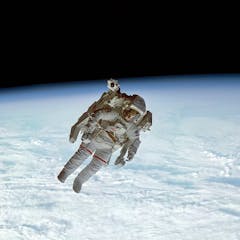
Sixty years ago, philosopher Hannah Arendt argued an interplanetary perspective may be bad news for humanity as we know it.

It’s remarkable to see these three innovative, bravely experimental and often unsettling Australian story collections – by a debut author and two prize-winners – published so closely together.
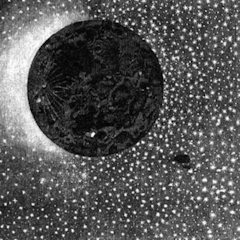
Humans have always been fascinated by the moon and before we could really get there we travelled to it in our stories.
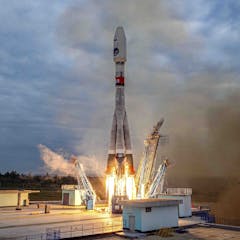
Space missions are still difficult, dangerous and risky – but it’s still early days in the human journey beyond our planet.
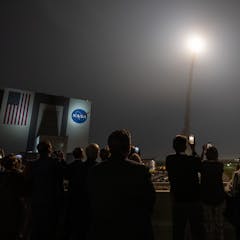
A new survey catalogs Americans’ expectations about the future of space, from NASA to SpaceX. Two space policy experts describe how these results stack up against the current state of space affairs.
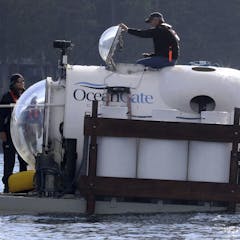
Not only do risky activities make people feel euphoric, they also convey status. But should there be limits on what tourists can do?
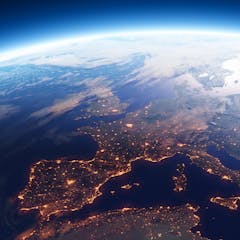
Regional development isn’t just about measuring the difference between today’s haves and have-nots to determine whether that gap might narrow or widen. Our idea of what is fair changes over time.
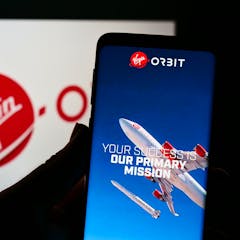
Space flight has always been risky.
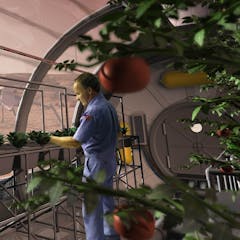
Agricultural technologies to grow food on Mars can help address climate change, sustainability and food scarcity challenges.

Spacecraft are just a small part of what it takes for humans to become an interplanetary species. A political science professor explains how there is much more to creating a spacefaring society.
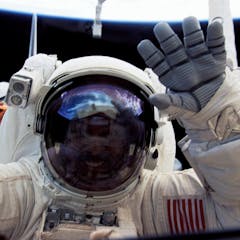
The European Space Agency has recruited the world’s first-ever disabled astronaut. But we’re still a long way from space being accessible to all.

Science fiction books can inspire more children to become scientists if authors and illustrators do a better job of depicting characters from diverse backgrounds.

Albert Einstein might have the answer.
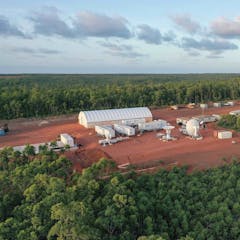
Australia may soon have three commercial space launch facilities

There’s a special type of particle called a ‘tachyon’ which would have to travel faster than the speed of light. But here’s the hitch – we can’t prove tachyons even exist.

One day more of us may be able to travel further into space, and for longer.
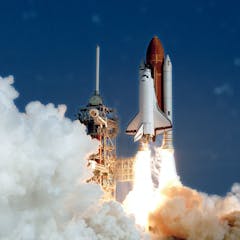
In some ways, a space rocket and a passenger aircraft fly much the same. But there is one big reason we can’t just take an aircraft into space.

Stay-at-home and quarantining orders have led to increasing isolation. Virtual reality may help alleviate some of the negative feelings of isolation, and this has potential implications for space travel.
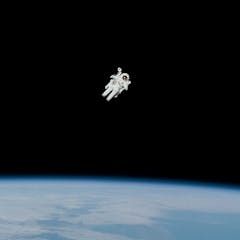
The vastly differing environment would need a whole new approach to disposing of dead bodies.
